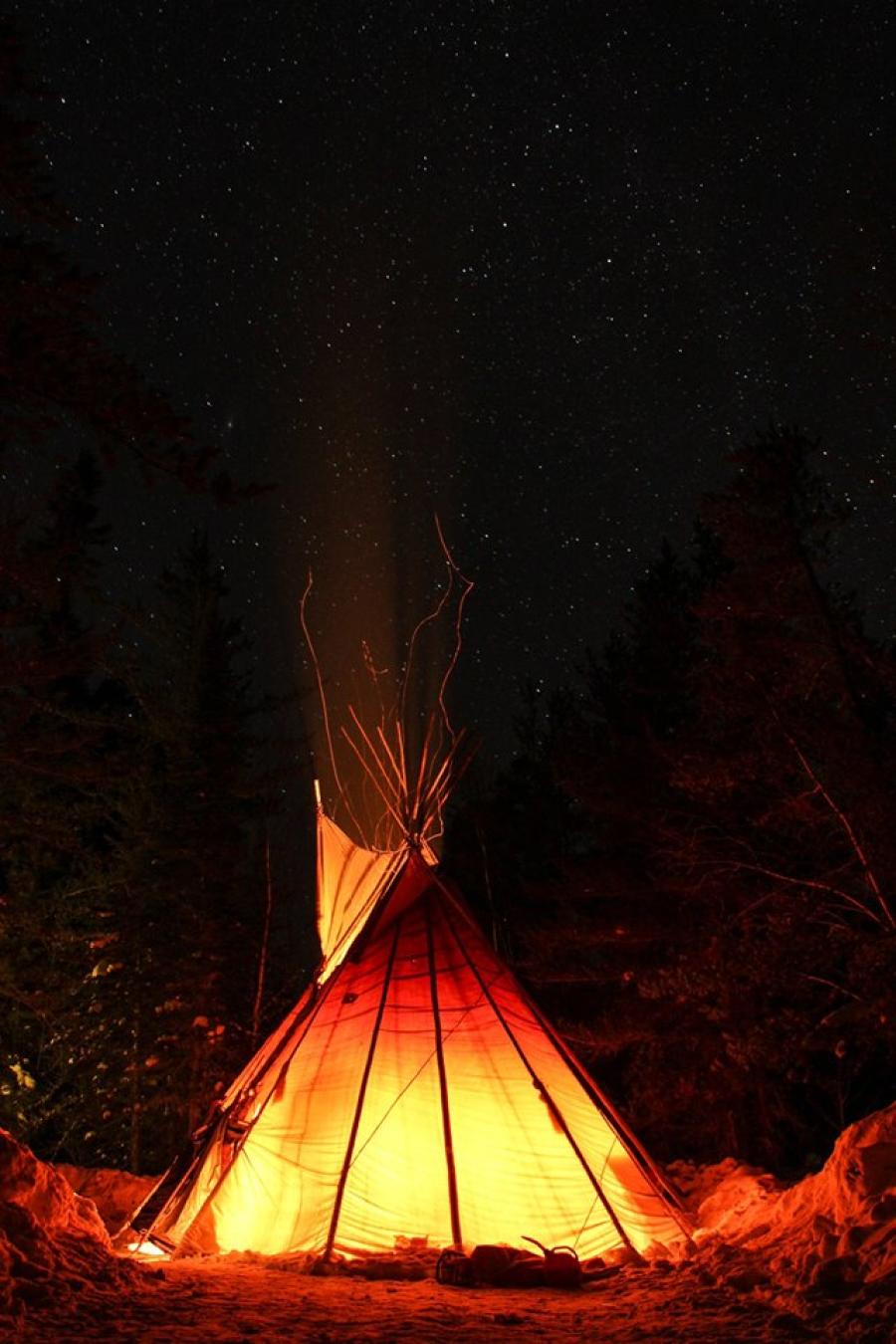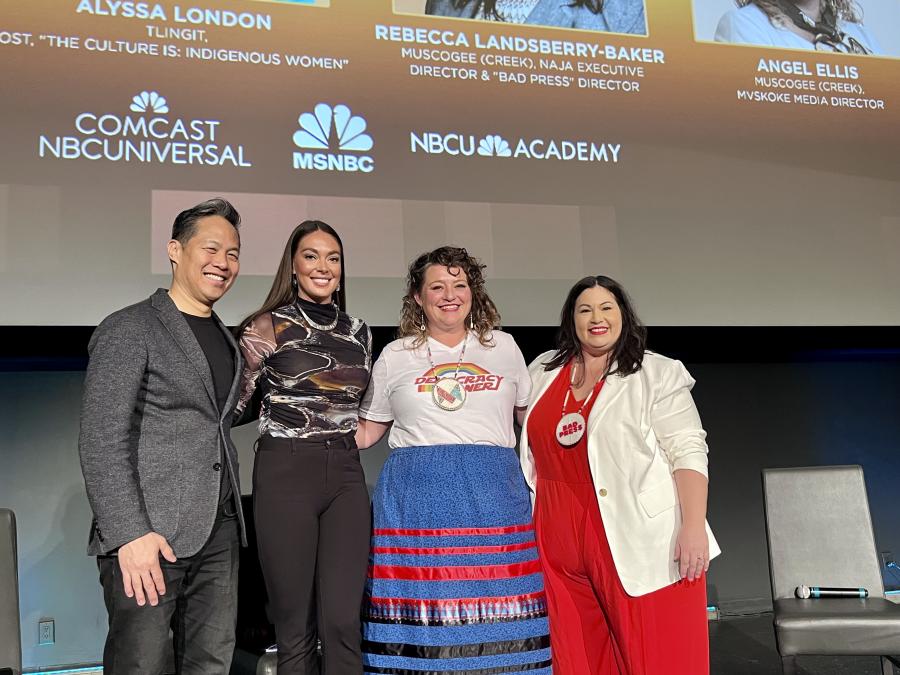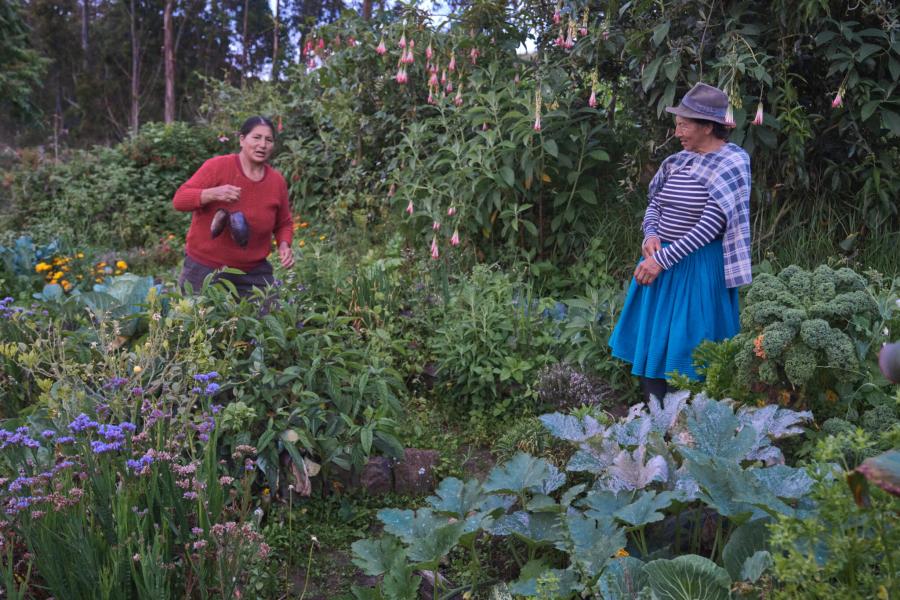In Canada, a Land Rights Agreement delineates the rights, responsibilities, and respective territories of a First Nation and of the federal and provincial governments. Once signed, an Innu Land Rights Agreement will become Canadian law, Newfoundland law, and Innu law. The Innu have conducted three Community Consultations to increase participation in ongoing negotiations with the government: the first on land rights, the second on mining in Voisey's Bay, and the third on hydro-development on the lower Churchill.
The Innu land claim process began in 1974 when the Naskapi Montagnais Innu Association started the "embarassing task" of documenting the people's land use and occupancy to prove that the governments of Newfoundland and Canada had no right to colonize, sell off, or industrialize Nitassinan. The Consultation's final report makes clear that the Innu objected to the process itself from the outset.
We...believe that it is Newfoundland and Canada who have a land claim [to pursue]. We believe that the governments have illegally occupied our territory and illegally enforced their laws.... We submitted a statement of claim to Canada in 1977. In our opinion, however, it was a statement of nationhood from a sovereign people.1
Despite its ambivalence about the necessity of negotiation, the Innu Nation organized a remarkably inclusive Community Consultation process that already serves as a model for other indigenous groups. They pursued extensive self-education over several years, appointing commissioners from within the community and inviting a range of consultants and industry representatives from outside to facilitate the process. Determining the size of their land base was one of many concerns: the Innu wanted the right to manage the local police force and schools, the right to ban alcohol from their communities, and the right to schedule and regulate their subsistence hunting, trapping and fishing. The Consultation's goal was to provide everyone in the community, from the youngest to the eldest, with the knowledge needed to make an informed decision about the future. "Whether a treaty is possible, I don't know. But even if it is not, the people have spoken loud and clear about their determination to protect their land, with or without a treaty. This will always be in our hearts," says Daniel Ashini (Chief Negotiator for the Innu Nation).
As a political strategy, the Community Consultation is particularly effective because it responds to potential allegations that 1) the community does not understand the scientific or economic implications of development, and 2) community leaders do not speak for the group as a whole. Addressing these challenges to aboriginal authority, the Community Consultation is a means of demonstrating legitimacy. By documenting the information distributed, the public assemblies held, and the comprehensive range of responses gathered, the Community Consultation shows self- government in operation. Even more importantly, the thorough mapping of travel routes, place names, camp sites and harvesting areas, and the extensive recording of personal statements attesting to land use provide the kind of evidence that the Canadian Supreme Court recognized as establishing aboriginal title in the 1997 Delgamuukw decision. Although the task has been unfairly imposed on them, the process of reporting on a Community Consultation may yet produce fair results for the Innu.
Nine commissioners and three coordinators were selected to ensure that the Consultation included various age groups and clans. Some people felt that a minimum age limit should be established for voting in a referendum, but the Consultation commissioners held briefing sessions and interviews with the nation's youngest members so that all viewpoints were represented. "I'm glad that young people like myself are being given a chance to have our voices heard on such big issues as land rights," a Sheshatshiu youth commented. "I think there should be more youth involved because we are the future, and we will be the ones who will have to deal with these things in the future."
On October 26-27, 2000, Cultural Survival's Advocacy and Education Program will host its first international student conference, a gathering of voices in solidarity with the Innu Nation of Nitassinan. Innu youth from Sheshatshiu will join New England students for workshops on empowerment as well as youth leadership in advocating Indigenous Peoples' rights.
Article copyright Cultural Survival, Inc.



